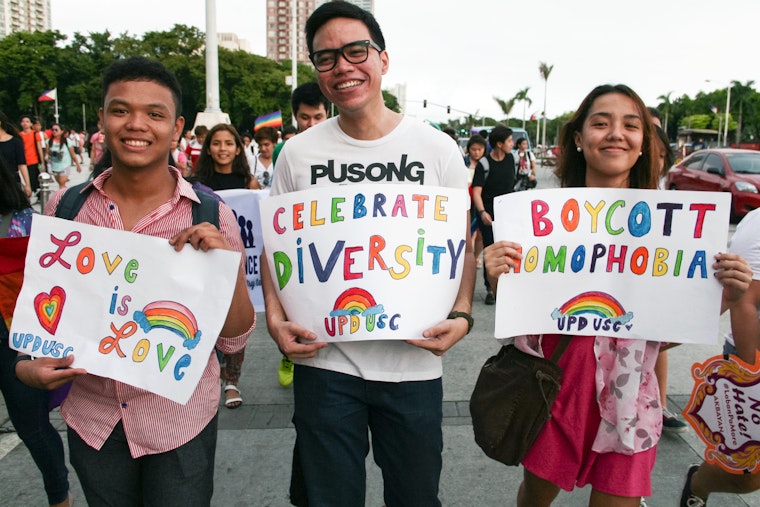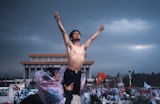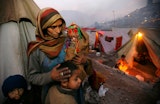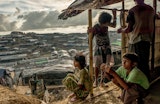By the Numbers
Expenditures by Year
Given the vast disparity in the challenges and opportunities across the region, Open Society’s approach varies from country to country, guided by our commitments to promote justice, equity, and free expression.
Open Society has supported democratic development in Asia, particularly in countries where democratic ideals remain contested or suppressed. Today, we support local partners in countries where democratic freedoms may be fragile, with a focus on revitalizing democratic engagement at all levels.
Online media spaces have become the dominant space to inform and define options, yet these same places are being effectively used to spread misinformation and hate speech, and can be targeted to undermine political opposition, discredit civil society, and generate narratives against minorities. In parts of the region, disinformation has also effectively broken public trust in the media. We support high-quality, independent media outlets that can counter disinformation with accurate, balanced reporting, as well as groups that work to identify and counter its sources.

We support LGBTQI and youth-led organizations working at the intersection of gender, racial, economic, and other social justice movements that have been particularly affected by increasing restrictions in several states across the region. These groups are often at the frontlines of progressive changes in their communities, challenging oppressive social norms and systems of power and domination. Against this climate of state repression and violence and the rise in anti-rights groups and religious extremism, marginalized communities across Asia are experiencing ever stark injustices that fuel rights abuses.
From the rainforests of Southeast Asia to the coal and ore mines of Australia, the Asia Pacific region's economy and environment are an integral part of the global struggle to address the climate crisis. We support groups that seek to deepen grassroots consultation with those affected by extractive policies, including indigenous peoples, while at the same time advocating for Asian voices to be part of global decision-making institutions.

The Open Society Foundations’ history in Asia has reflected the ebb and flow of democratic governance there since the 1980s. Thus, we have been working in Indonesia since the overthrow of the former military regime there in 2000. We have a decades-long history of working on Myanmar but were forced to shut down our office in Myanmar in 2021 after the return of military rule. Today, we work in a range of countries where our civil society partners face political constraints, and in others that enjoy a full range of democratic and political freedoms.
Highlights of Our Work in Asia Pacific
Read more
Protecting Civil Society
Persecution at Home and Abroad: Pakistani Human Rights Defenders on the Run

Fazl and Nazish, rights defenders from Pakistan, faced exile for their efforts to encourage public health campaigns and women's education. They were assisted by the Shelter City Initiative, which provides support to rights defenders in danger.
Press release
Open Society Welcomes Step Toward Justice for Afghan Women and Girls
The Open Society Foundations celebrate the decision of the ICC to hold the Taliban accountable for the crime against humanity of persecution by gender.
Online Hate Speech
New SEC Complaint Says Meta Misled Shareholders over Myanmar Hate

A whistleblower complaint to the SEC argues that the social media giant Meta misrepresented its role in fueling violence against Myanmar’s Rohingya—highlighting the need for more platform accountability for online hate.


